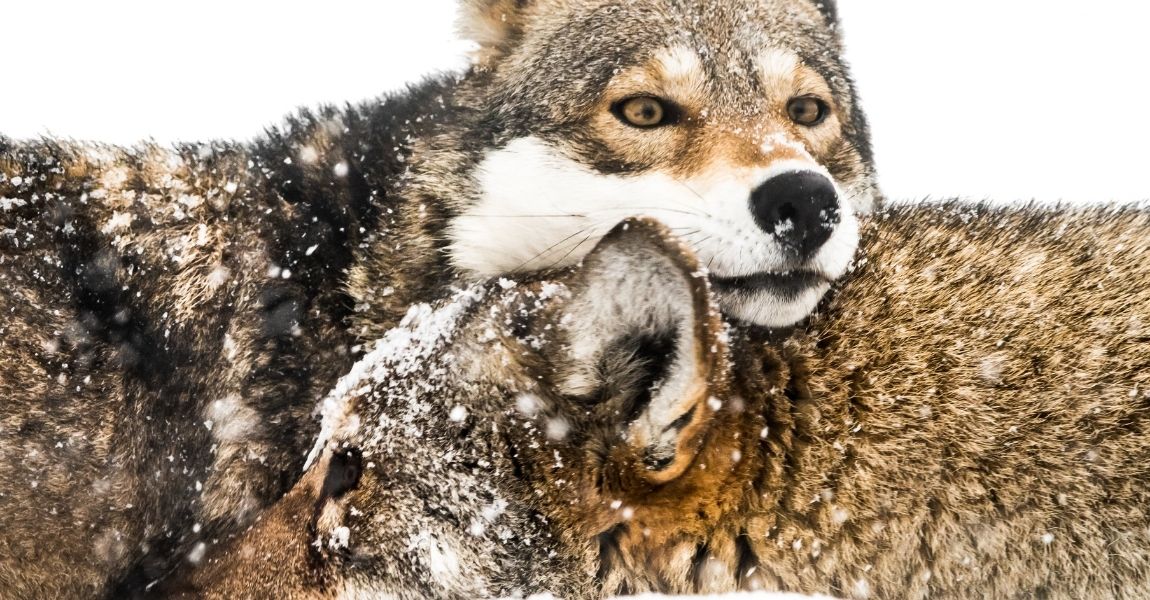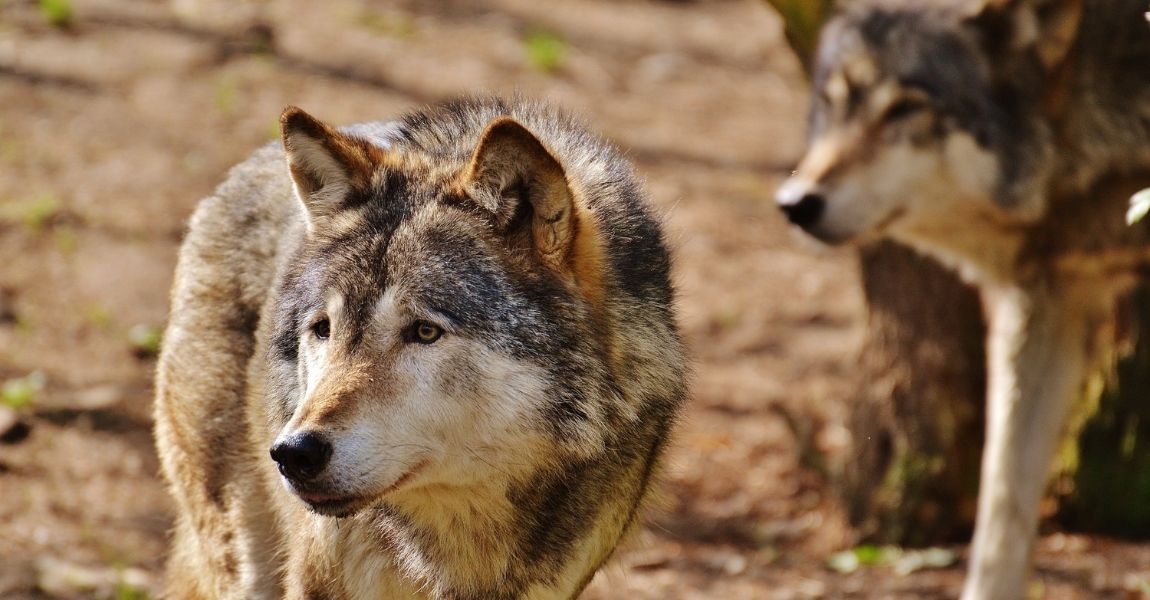The Exercise Needs of Your Pet Wolves
Wolves are renowned for their remarkable endurance and well-developed lean muscle mass, which necessitates a rigorous exercise regimen. However, one of the primary challenges faced by pet wolf owners is providing adequate space for their pets to exercise without the risk of escape. Ideally, owners should seek out spacious outdoor areas with securely fenced enclosures to ensure the safety of their pet wolves during exercise sessions.
Adult domesticated pet wolves have substantial exercise requirements, necessitating a minimum of two hours of physical activity daily. Given their strength and muscular build, suitable activities for pet wolves include running exercises such as bicycling and jogging, as well as strength-based activities like tug-of-war and weight pulling. It's advisable to commence exercise routines for wolf pups at around three months of age, gradually increasing the duration of exercise as they mature.
Key precautions to observe during the wolf's exercise sessions include:
- Avoid strenuous exercise for pups under nine months old.
- Always keep pet wolves on a leash when in public areas.
- Ensure exercise environments are securely enclosed.
- Maintain close supervision throughout exercise sessions.
Consistent daily exercise is paramount for domesticated wolves to prevent behavioral issues such as frustration, destructiveness, and aggression, which may lead to escape attempts. Implementing a regular exercise regimen not only promotes the well-being of pet wolves but also enhances safety for owners.
Here are some exercise ideas for wolves:
- Jogging/Bicycling: Utilize a leash for safety.
- Tug-of-War: Use a sturdy rope or old towel.
- Weight Pulling: Secure one end of a rope to a heavy object (e.g., spare tire) and attach the other end to a harness on the pet wolf.
- Playing Fetch: Throw a ball or toy for the wolf to retrieve.
- Swimming: Provide access to a safe body of water for swimming, ensuring supervision.
For wolves housed indoors, providing stimulating toys like balls and chew toys can help them expend excess energy. Establishing a structured exercise schedule, such as morning and evening jogs or bike rides, along with afternoon play sessions, can contribute to a pet wolf's obedience and overall well-being.
By understanding and meeting the exercise needs of pet wolves, owners can foster a healthy and harmonious relationship with these majestic animals.




